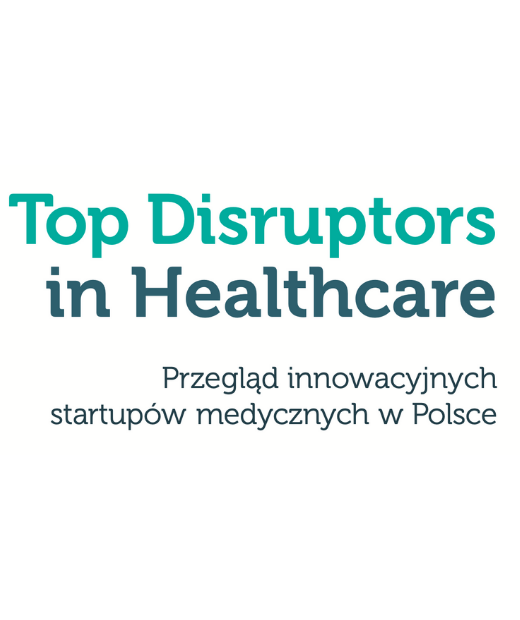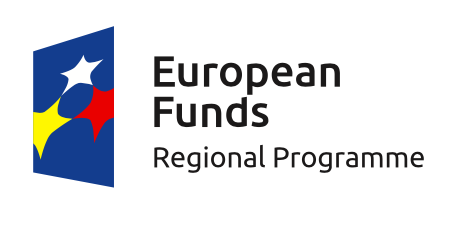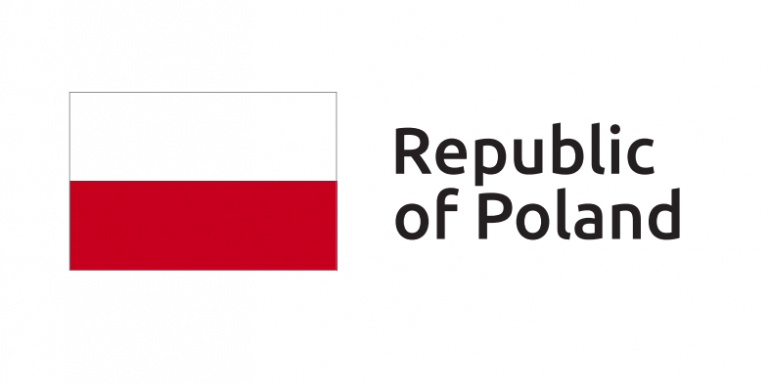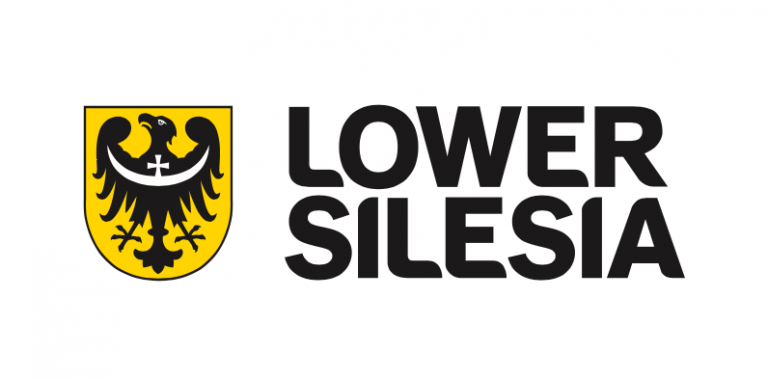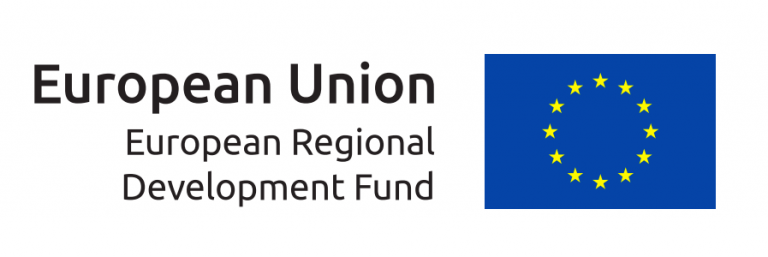The Report is an annual initiative carried out by the Polish Hospital Federation in cooperation with the Young Managers of Medicine team operating under it, and this year also with the wZdrowiu expert team. One of its main goals is to gather information about innovative solutions available on the market, as well as to help establish effective partnerships between startups and medical companies and investors, medical institutions and end customers. Among the benefits that startups participating in the Report enjoy and declare are: PR and marketing (32%), increased knowledge of the startup market (36%), and establishing contacts with business partners (11%).
The most common areas of activity for Polish startups include oncology (24%), cardiology (22%) and family medicine (20%). An equally significant and growing area in recent years is psychiatry (19%), as interest in this market and Poles’ need to take care of their mental health is increasing. This may have been influenced, among other things, by the COVID-19 pandemic, which increased the sense of isolation during the lockdown.
In last year’s edition of the Report, 55% of respondents identified telemedicine as their main area of focus, with artificial intelligence (45%) as another. This was a significant increase from 2020, when only 30% of startups said they were developing an AI-based solution. This data looks interesting when juxtaposed with this year’s edition of the Report, in which the largest number of startups (47%) declared that their solution operates in the AI/machine learning sector. They were followed by medical devices (39%), telemedicine (37%) and standalone AI applications (35%). This indicates the growing popularity of offering AI-enabled services and products, which is not surprising given the exponential increase in available AI algorithms globally – the number has risen as much as 10 times in the last 5 years.
However, developing a solution is not without its problems, with startups citing promoting and selling it (41%) and finding an investor and funding (35%) as the biggest. More than 20% of those surveyed also pointed to difficulties in establishing cooperation with both the public side and with industry organisations, universities and healthcare entities.
96% of startups have developed a business model – slightly more than in last year’s edition (92%). Startups that have also already developed their payment model indicate that they intend to offer their product or service in a subscription model (41%) or with a one-time payment (26%).
It is encouraging to see that the interest of medical institutions in cooperating with startups has not changed significantly since last year – although the trend has dropped from 70% to 63%, it is still the most frequently given answer. In the future, this may translate into the speed at which hospitals adapt new medical solutions. Moreover, it proves that medical institutions are open to implementing innovations. According to the review “AI is not Sci-Fi”, published by the Polish Federation of Hospitals in collaboration with the Coalition AI in Health and the expert team at wZdrowiu, medical solutions, including medical startups from the Report, are already implemented in some hospitals and work great in practice. Interestingly, startups were much more likely to indicate that they would like to establish cooperation in the next 12 months precisely with medical institutions (70%), and only in second place with investors (64%).
The biggest differences from the previous editions of the Report appeared in the level of financing. In 2020 and 2021 the most popular financing for startups was 1-2 million PLN. This could be influenced by the popularity of grant programmes, such as 01.01.02 POPW or BRIdge Alfa investment funds. In this year’s edition of the Report, startups most often indicated that their financing ranged from PLN 2-5 million. This may indicate the development of their level of sophistication.
Polish startups see the importance of expanding abroad and presenting their solution also outside their home healthcare market – even though as many as 37% of the surveyed pointed to the difficulty of nationalizing their product. Although over 50% of the startups from the Report are not yet present on foreign markets, they indicate that they plan to do so. They also point out the biggest barriers to developing their products abroad. These are legal regulations (48%) and problems with establishing business contacts (48%). On a positive note, almost 20% of the startups in the report successfully offer their products abroad and already have registered revenue.




